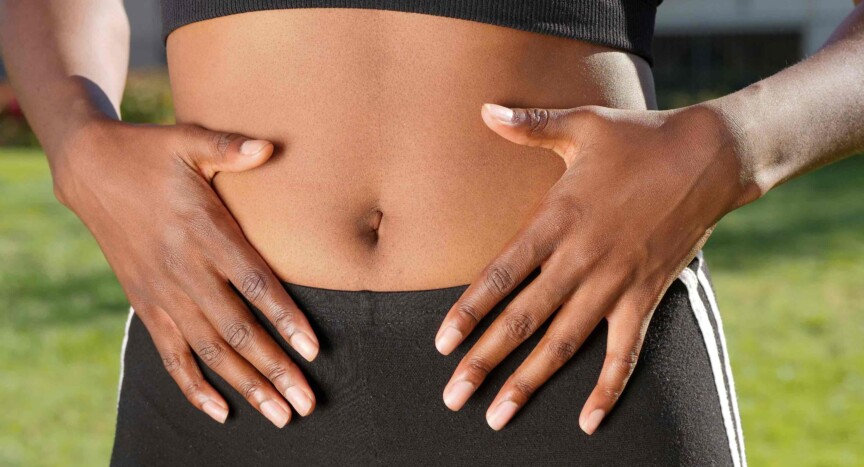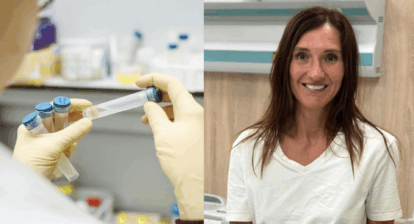Metabolism is the process by which our body converts food into energy. As we get older, our body goes through changes that can affect how well we burn calories. While it’s true that metabolism tends to slow down with age, there are ways to keep it in check through a balanced diet and regular exercise, helping us stay energized and healthy.
Most of us might not even realize it, but there are countless factors that can impact our metabolism. Here are a few of them:









